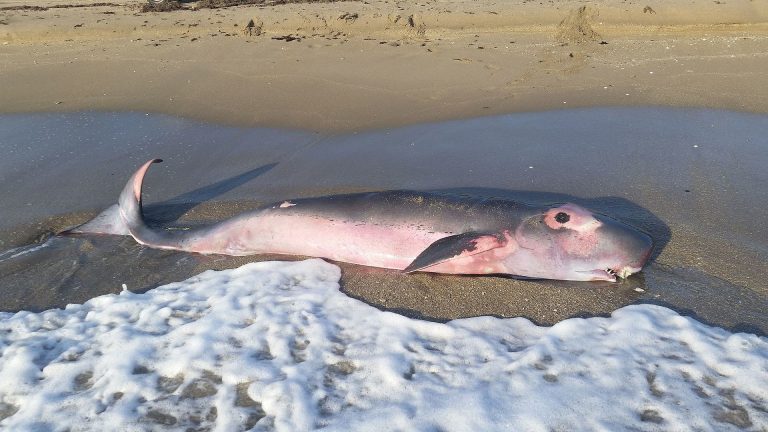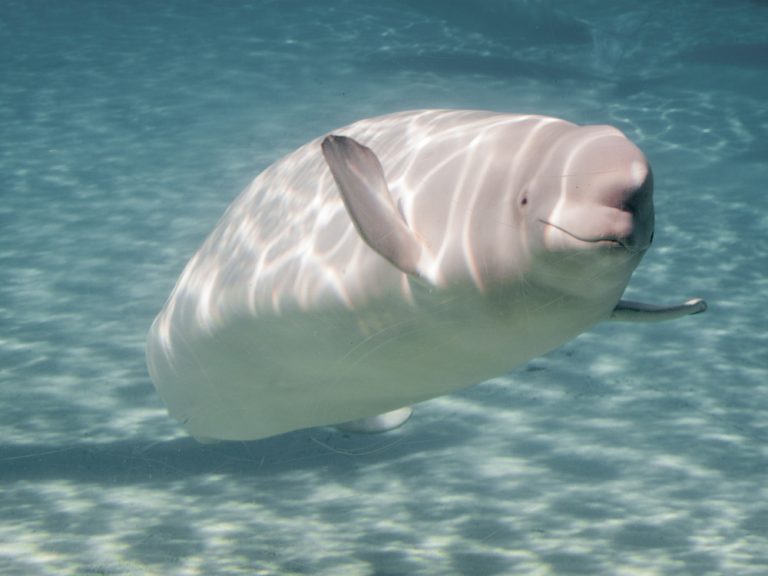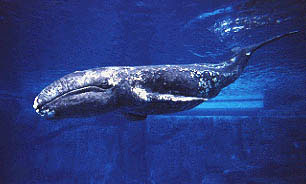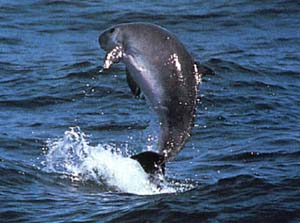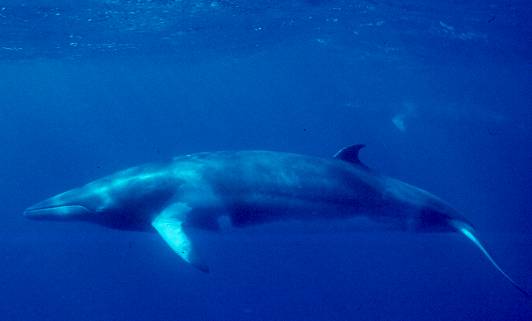Lost At Sea: How Whales Lose Their Way Home
Though it sounds strange, whales often get lost at sea. Here are the reasons why.
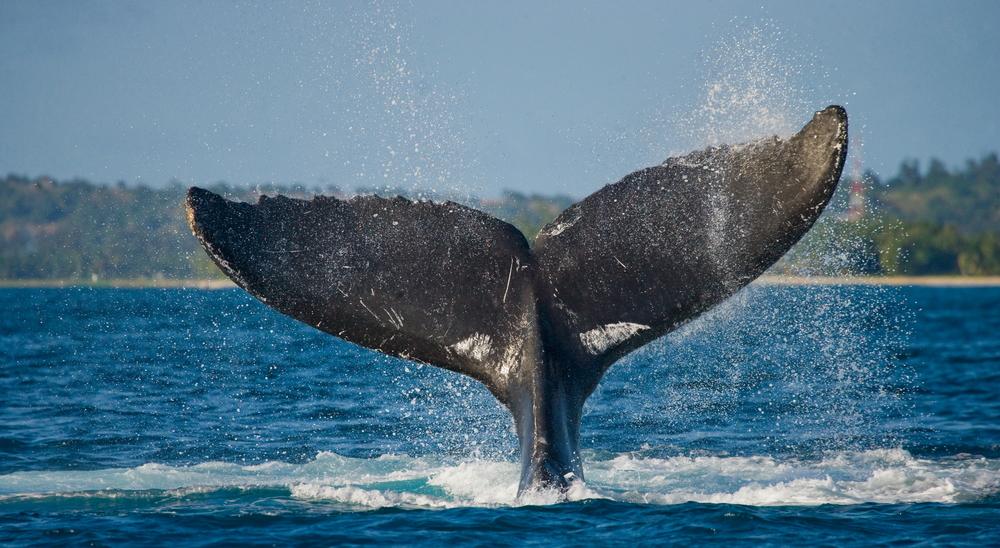
Scientists and researchers have not been able to establish a definite reason as to why a whale could get lost at sea and end up on a beach.
Although, there are several assumptions to possibly explain this strange occurrence. Records however show that the phenomenon has been happening since 300BC. But strangely, researchers are now noticing an increase in mass strandings of these creatures especially in recent years.
Unfortunately, it’s still not completely clear why there’s this sudden increase.
From negative human activities, to natural causes, whale strandings are not pleasant in any way and animal lovers and marine biologists are seriously concerned.
Below, we look at the most likely reasons why a whale would lose its way and eventually strand on a beach.
Toxins
Marine biologists expect that more whales are getting lost due to the increasing levels of man made materials and toxins flowing into water bodies.
Such materials end up causing pollution, and large sea creatures end up absorbing them in dangerous quantities. Some of the effects of this kind of pollution includes giving birth to deformed calves and subsequent death.
Underwater Sonar
A while back, we talked about the harmful effects of underwater sonar on whales.
Artificial sonar interrupts the echolocation of most cetaceans. It interferes with their natural brain wave activity, making them to become sick and disoriented.
In such instances, the whales have no choice than to move into shallow waters and beach themselves. Some species are particularly sensitive to sonar including Beaked whales, blue whales, and Cuvier’s beaked whales.
In fact, the use and testing of active sonar is linked to at least 50 documented cases of mass whale strandings worldwide between 1996 and 2006.
You can read this report published in The Journal of the Acoustical Society of America to learn more about this issue. Or this one by the Pelagos Cetacean Research Institute.
Several studies agree that mid to high frequency sonar (especially the kind used by the military) is harmful to cetaceans.
Tides and shallow waters
Tides caused by the high moon (also called the “spring tides”) may hinder the movement of some species like the pilot whales.
At first, observers noticed that stranded whale incidents happened more often when there was a spring tide the previous day. The affected animals are left behind in shallow pools when the tides disappear. This observation is noticeable in places like Massachusetts’s Cape Cod and is a function of the fluctuations of the tides.
Global warming is also having a huge impact on the earth with increased melting icebergs and record changes in tide level.
Another reason is that changes in fish movement may make pursuing whales lose track of direction and end up in shallow waters.
Whales colliding with sea vessels
Global trade is on the increase and the need to transport goods is high. No doubt, this leads to an increase in the number of sea vessels and the chances for whale collisions.
An animal that’s seriously injured after colliding with a vessel will find it very difficult to get back to its home.
Diseases and sickness
A whale, like any other animal, may suffer from natural sickness and disease and this would definitely affect its sense of direction. Researchers also believe that infections or parasites affect large cetaceans and would make them disoriented.
For instance, the pilot whale is known to suffer from morbillivirus, a virus also found in dead dolphin specimens washed up on shores.
Another common illnesses is pneumonia.
Attack by other marine mammals
Large marine creatures like sharks or the killer whale do hunt and attack whales. In the process of fleeing from a predator, a whale could lose direction and become disoriented.
Poison from various aquatic species
Some sea mammals and plants contain poisonous substances that would be potentially harmful to a whale.
However, specific information about a whale poisoning by aquatic animals is scanty.

